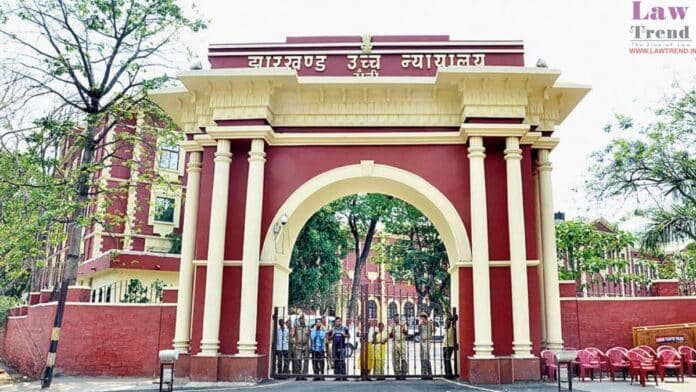In a notable judgment, the Jharkhand High Court has declared that using the term “adivasi” to refer to a tribal person does not amount to an offence under the Scheduled Castes and Scheduled Tribes (Prevention of Atrocities) Act, 1989. The court’s decision came in the wake of a petition by Sunil Kumar, a public servant, challenging the validity of an FIR filed against him.
Justice Anil Kumar Choudhary, presiding over the case, elucidated that the term “adivasi” itself does not specify a tribe listed in the Constitution’s schedule, and therefore, does not qualify as an offence under the SC/ST Act unless the victim belongs to a community specifically recognized as a Scheduled Tribe.
The case began with an FIR lodged at the Dumka Police Station by a tribal woman. The complainant alleged that during a visit to Kumar’s office to submit an application under the Right to Information Act, Kumar refused to accept the application and insulted her by calling her an “insane adivasi.” She further accused him of forcibly ejecting her from his office and subjecting her to humiliation.
Kumar’s defense, led by advocate Chandana Kumari, contended that the term “adivasi” was used without reference to any specific tribal community recognized under the Act, arguing that it does not meet the criteria for an offence. The defense also highlighted that Kumar had not referred to the woman’s specific caste or tribal identity, thus challenging the applicability of the SC/ST Act in this instance.




